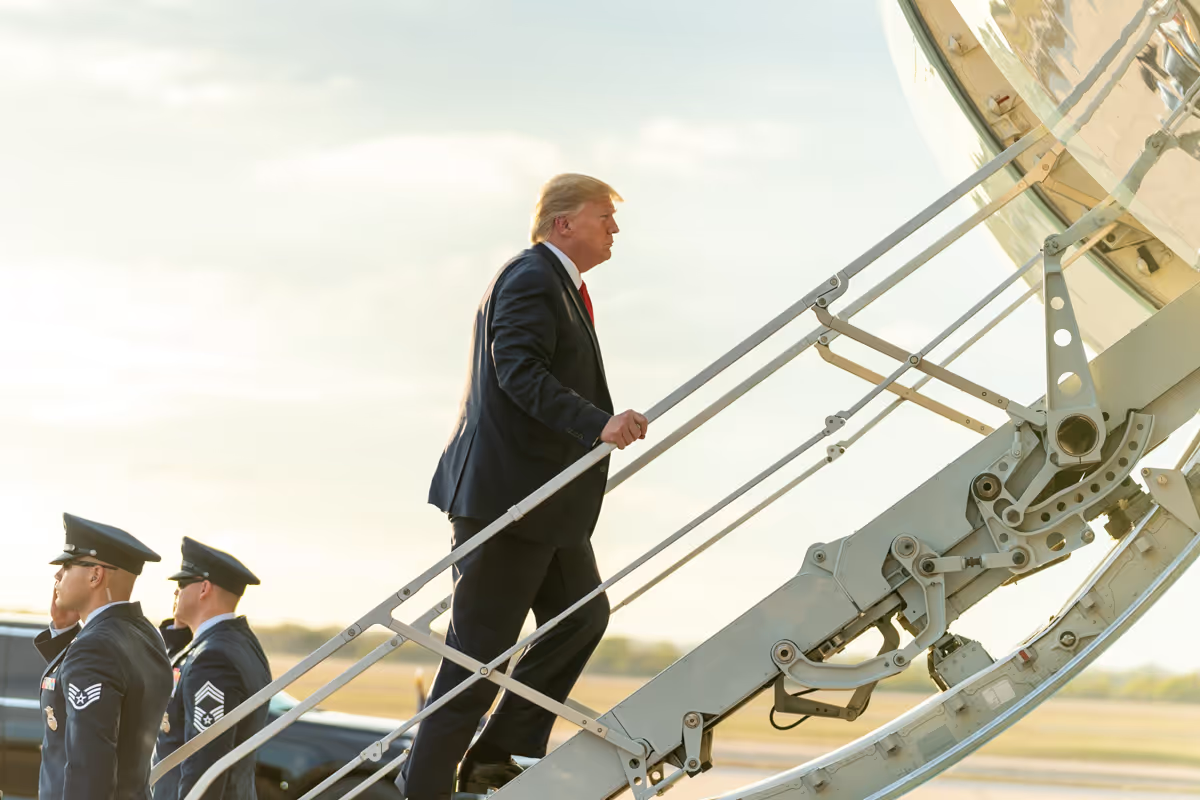Thinktanker Summary
- This report highlights the intersection of growing U.S.-China geopolitical rivalry and the rapid development of military AI and how the U.S. can manage strategic risks.
- It discusses China's integration of AI into its military and civilian sectors, proposes ways for the U.S. to limit China's military AI progress.
Overview:
- This article was written by Jacob Stokes and Alexander Sullivan, with assistance from Noah Greene, from the Center for a New American Security (CNAS).
- It focuses on the escalating geopolitical rivalry between the United States and China, particularly in the context of military artificial intelligence (AI).
- The paper explores the potential strategic risks and management strategies in the sphere of military AI amid increasing tensions.
Key Quotes:
- "Many of the most practical uses for military AI in the near term will be for purposes that are relatively mundane but could help the PLA use resources more efficiently."
- "The net effect, however, of multiple states compressing their decision-making timelines due to AI-augmented processes could be a global security environment that is faster-paced and more prone to miscalculation."
What They Discuss:
- The rapid development of AI technologies for military applications and its potential impact on the U.S.-China geopolitical rivalry.
- China’s strategic investment in AI as a crucial element for its future military modernization and global technological leadership.
- The potential for military AI to inadvertently increase strategic risks and undermine stability in U.S.-China relations.
- Specific pathways through which military AI applications might affect the security dynamics between the U.S. and China, including in decision-making and information domains.
- The challenges and obstacles China might face in integrating AI into the People’s Liberation Army, and the potential for strategic surprises for the U.S.
What They Recommend:
- Developing and implementing best practices and norms for responsible military AI use.
- Engaging with allies and negotiating risk reduction measures with China related to military AI.
- Making military AI a fundamental aspect of diplomatic discussions with China, especially in the context of nuclear weapons and strategic stability.
- Prioritizing intelligence gathering and analysis on China’s military AI capabilities for better assessment and policy-making.
Key Takeaways:
- Military AI development is a critical factor in the intensifying strategic competition between the U.S. and China.
- Proper management and international cooperation are essential to mitigate the strategic risks posed by military AI.
- Balancing innovation in military AI with responsible usage and risk reduction strategies is crucial for global security and stability.
This is a brief overview of Jacob Stokes and Alexander Sullivan's work from the Center for a New American Security (CNAS). For complete insights, we recommend reading the full article.











